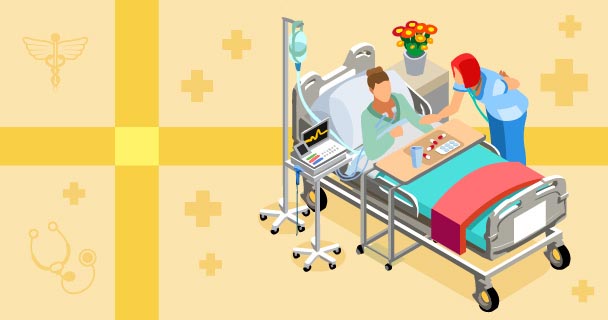







Six Ways Nursing Roles and Expectations Are Changing

Summary
HealthStream® supports over 5,000 healthcare organizations and 5.5 million healthcare professionals; these workforce shifts are increasing demand for a purpose-built healthcare learning management system that automates compliance, supports competency development, and delivers role‑based learning at scale. See HealthStream for an overview of the Learning Center and LMS solutions.
Introduction
Nursing roles are expanding beyond bedside care to include care coordination, informatics, population health, and advanced practice responsibilities. These changes require continuous training, credential tracking, and just‑in‑time learning—functions that a healthcare learning management system can centralize and standardize.
Six Ways Nursing Roles And Expectations Are Changing
1. Clinical scope and advanced practice are expanding
- More nurses take on advanced assessments, prescribing in some jurisdictions, and specialty procedures.
- A healthcare learning management system provides specialty pathways and competency assessments to support safe practice.
2. Team-based and cross-disciplinary care is standard
- Nurses collaborate more with pharmacists, social workers, and care coordinators across settings.
- Role‑based learning paths and interprofessional modules in an LMS help align team competencies.
3. Greater emphasis on competency and demonstrated skills
- Regulators and employers expect documented competency and recertification.
- LMS features—skills checklists, simulation tracking, and automated re‑credentialing—reduce administrative burden.
4. Digital care and informatics responsibilities are increasing
- Use of EHRs, telehealth, and clinical decision support is routine.
- Integrated learning and microlearning content in an LMS accelerate adoption of new digital workflows.
5. Care delivery across settings and settings of care is widening
- Nurses work in ambulatory, home health, and virtual care settings more frequently.
- A scalable healthcare learning management system supports consistent onboarding and compliance across sites.
6. Focus on retention, wellbeing, and professional growth
- Career ladders and personalized development reduce turnover.
- An LMS that supports personalized learning paths and reporting helps managers identify gaps and career opportunities.
Implications For Practice
- Use a healthcare learning management system to centralize compliance, credentialing, and competency evidence.
- Develop role‑based and specialty learning pathways that match expanded scopes of practice.
- Combine online learning with validated skills assessments and simulation for high‑risk procedures.
- Use LMS reporting to monitor readiness across units and settings.
Recommendations
- Choose an LMS purpose‑built for healthcare needs—look for audit‑ready reporting, role‑based paths, and integration with HR and credentialing systems [1].
- Prioritize platforms that automate recurring requirements (renewals, certifications) and support mobile access for point‑of‑care learning [2].
- Pilot targeted learning pathways for high‑need nursing roles and measure impact on competency and retention.
How A Healthcare Learning Management System Supports These Changes
- Centralized compliance and credentials management reduces manual tracking and audit risk.
- Configurable role‑based learning ensures nurses receive only the required content for their scope.
- Scalable delivery supports multiple sites and staff volumes—important in a market with many LMS options [3].
Conclusion
As nursing roles evolve, organizations need a healthcare learning management system that aligns training with competency expectations, simplifies credentialing, and enables consistent learning across settings. HealthStream’s Learning Center is designed for these needs—providing compliance automation, role‑based learning, and organizational insights to help teams maintain readiness.
Related links
- HealthStream
- Learning Management System
- Healthcare Learning Management System - HealthStream
- Original article
- Oasis LMS evaluation of healthcare LMS criteria [1]
- ComplianceQuest on choosing an LMS for healthcare [2]
- Directory of LMS options for hospital and healthcare [3]
Learn how HealthStream’s Learning & Performance solutions can support nurse competency and compliance—see the solution page for features and book a demo.
